Fodor György
Ózeás istenképe
Tartalom
Traditionally, few parallels between Amos and Hosea have been identified by scholars. As will be demonstrated, in reality, the two 8th-century-BC Prophets have much more in common. As a matter of course, the principal similarity is not the fact that both Prophets were active in the Northern Kingdom at about the same time, but it relates to the themes of their prophetic preaching: complaining of the lack of faithfulness to the Covenant, condemning moral and social abuse and proclaiming God’s imminent judgement. However, a highly important ‘novelty’ sets Hosea apart from Amos, as the first distinct example among pre-exilic judgement prophets: the secure hope of future redemption beyond judgement, informed by his marriage experience. He lives through this existential drama at God’s com-mand and, in it, he discovers the ineffable divine love that God shows for Israel, using the word ḥeseḏ to describe it. This concept will become personal χάρις in Jesus Christ, staying with us forever (cf. John 1:14).

